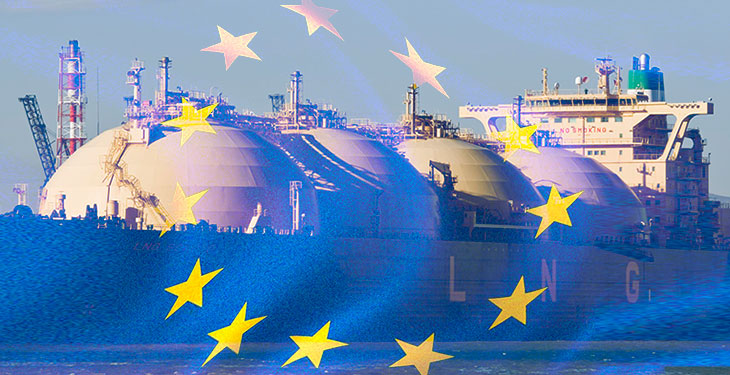Bogdan Tudorache
An inter-ministerial commission will meet on Tuesday to discuss the final snapshots of the National Policy Framework, the final step for the transposition of the European Infrastructure for Alternative Fuels Directive, sources close to the negotiations told energynomics.ro. “In Romania things are moving with difficulty. While Bulgaria has over 100 compressed natural gas stations, there are only two in Romania with the prospect of being opened one more soon,” said the quoted source.
The Government has set up an inter-ministry working group, including members of the Energy Market Regulator, ANRE, to transpose the European Commission’s 94/2014 Directive on Infrastructure for Alternative Fuels: it has the scope of regulating the usage and infrastructure for alternative fuels, ranging from compressed natural gas to electricity and hydrogen.
The main documents were in public debate by the middle of this month. Following the drafting of the final form of the document, the Government will proceed to the next steps for approval of the National Policy Framework. “The benefits of compressed natural gas, along with the lack of emissions – burning almost entirely – are lower cost and consumption than conventional fuels.” In addition, this type of fuel can also be adapted for diesel engines, not just petrol ones, as is the case with the more well-known LPG (liquefied petroleum gas). A large cargo vehicle manufacturer is already successfully using up to 1.500 km autogas models only using compressed or liquified natural gas, the source said.
